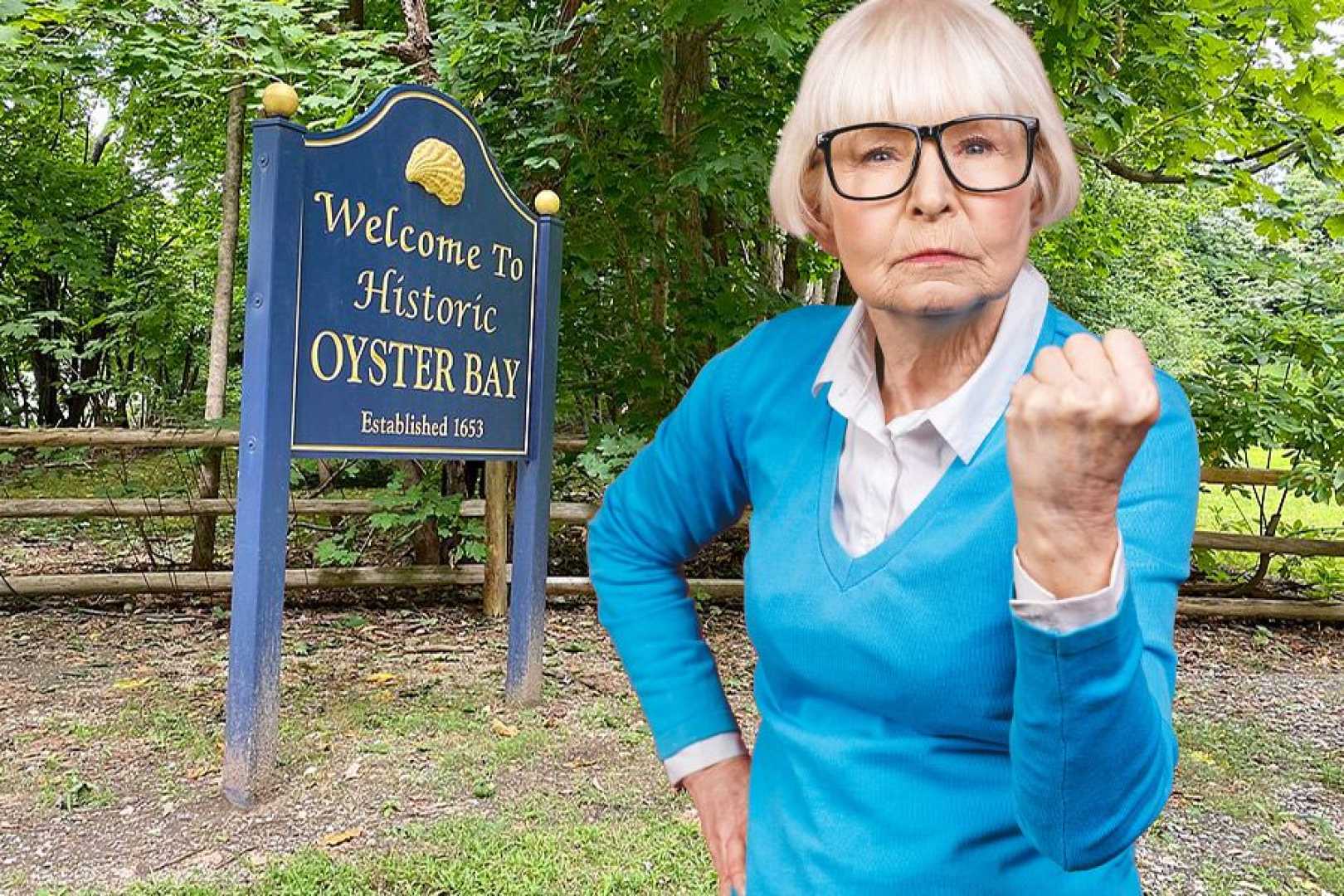News
Oyster Bay Withdraws from Mosque Expansion Agreement, Lawsuit Looms

BETHPAGE, New York — The Town of Oyster Bay has rescinded its agreement to settle a federal lawsuit with Muslims on Long Island Inc. (MOLI) concerning a mosque expansion project in Bethpage. The town’s decision, announced Thursday, stems from concerns over traffic and safety.
Just less than two weeks ago, Oyster Bay had agreed to pay legal fees for Masjid Al-Baqi, approve a mosque expansion, and amend town codes. However, in a court document filed late Thursday, MOLI’s legal team described the town’s reversal as “stunning” and a breach of a signed settlement.
Town Attorney Frank Scalera stated that after “further analysis and legal guidance,” the Town Board decided to protect its zoning authority rather than proceed with the settlement. Scalera emphasized that the case is centered on traffic and parking issues, saying, “This case between the Town of Oyster Bay and MOLI centers on traffic safety and parking — not religion.” He cited concerning accident rates at the intersection of Central and Stewart Avenues.
Moeen Qureshi, a volunteer at Masjid Al-Baqi, expressed his frustration over the town’s decision. “The mosque is not just a building — it is a home for our children,” Qureshi said in a statement. He added that the town’s refusal to honor the settlement only strengthens their resolve to pursue the case in court.
The mosque’s leaders have sought to demolish two existing one-story buildings to create a larger facility that would expand its footprint and better serve congregants. In December, the town’s planning advisory board denied MOLI’s application for expansion. Subsequently, MOLI filed a federal lawsuit accusing the town of violating federal religious land use laws.
In a related development, the U.S. Department of Justice’s Civil Rights Division supported MOLI, stating that the town’s new parking code discriminated against religious institutions. The DOJ’s 17-page statement noted that the town’s regulations treated churches less favorably than theaters or libraries.
Additionally, a local petition against the mosque garnered nearly 2,000 signatures, reflecting rising tensions in the area. MOLI claims these local sentiments influenced the town’s decision to withdraw from the agreement.
The town’s attorneys responded by stating that it was inappropriate for MOLI to connect their claims with external social media posts. They reinforced their commitment to addressing public safety concerns.
As of now, MOLI’s legal team is pushing to maintain an October court date to proceed with the upcoming trial. Muhammad Faridi, representing MOLI, stated, “This trial will go forward.”












